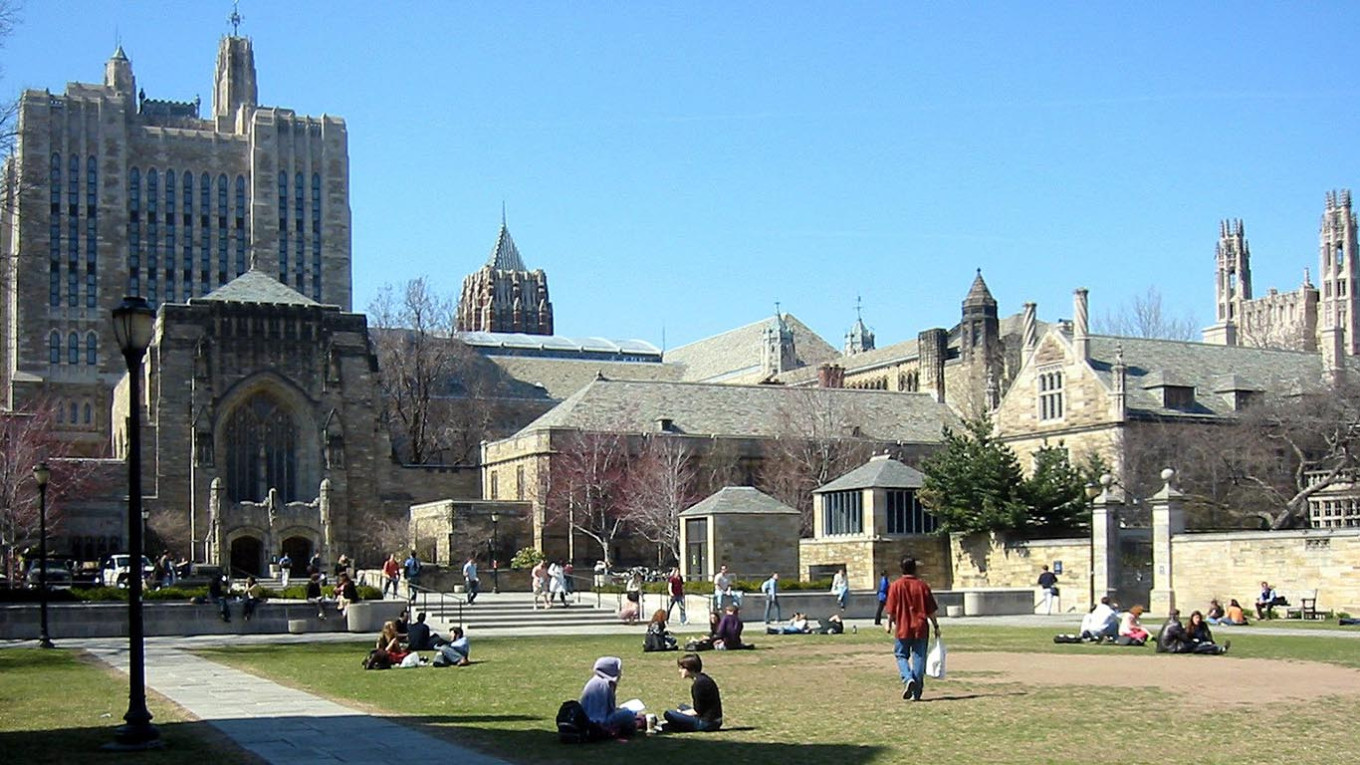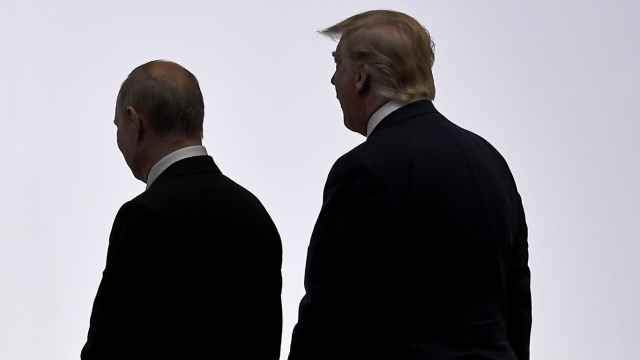Authorities in Moscow on Tuesday designated Yale University as an “undesirable” organization, accusing the U.S. institution of trying to destabilize the country and training Russian activists to oppose the Kremlin.
The Prosecutor General’s Office claimed Yale’s activities “are aimed at undermining Russia’s territorial integrity, supporting an international blockade of the country, destabilizing its economic foundations and contributing to the deterioration of the socio-economic and political situation.”
It alleged that the university provides scholarships to train “opposition leaders” from abroad, including members of Alexei Navalny’s outlawed Anti-Corruption Foundation, who then “used the knowledge and methods acquired” at Yale to “escalate protest activity in Russia.”
Navalny studied political science and world affairs at Yale after he received a scholarship to its World Fellows program in 2010.
The Prosecutor General’s Office also accused the university of helping provide legal justification for the seizure of Russian assets frozen by Western governments, “intending to subsequently use them to finance Ukraine’s armed forces.”
The designation bars Yale from operating in Russia. Under Russian law, individuals found to be affiliated with “undesirable” organizations face up to four years in prison, while organization leaders risk up to six years.
Yale University did not respond to a request for comment.
Russia introduced its “undesirable” law in 2015, using it to crack down on independent media, opposition groups and foreign organizations. Hundreds of organizations are currently blacklisted, including The Moscow Times, which was added to the list last summer.
A Message from The Moscow Times:
Dear readers,
We are facing unprecedented challenges. Russia's Prosecutor General's Office has designated The Moscow Times as an "undesirable" organization, criminalizing our work and putting our staff at risk of prosecution. This follows our earlier unjust labeling as a "foreign agent."
These actions are direct attempts to silence independent journalism in Russia. The authorities claim our work "discredits the decisions of the Russian leadership." We see things differently: we strive to provide accurate, unbiased reporting on Russia.
We, the journalists of The Moscow Times, refuse to be silenced. But to continue our work, we need your help.
Your support, no matter how small, makes a world of difference. If you can, please support us monthly starting from just $2. It's quick to set up, and every contribution makes a significant impact.
By supporting The Moscow Times, you're defending open, independent journalism in the face of repression. Thank you for standing with us.
Remind me later.






